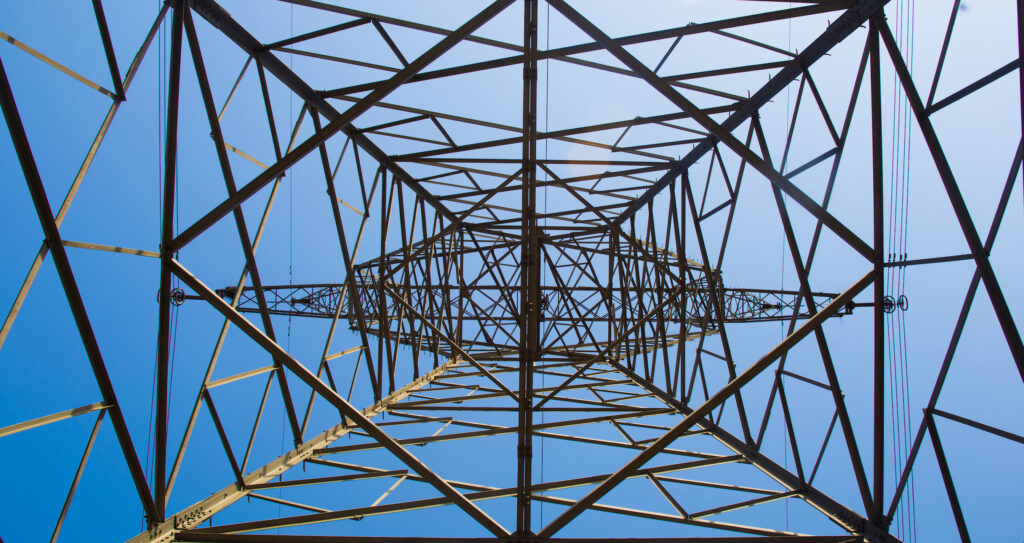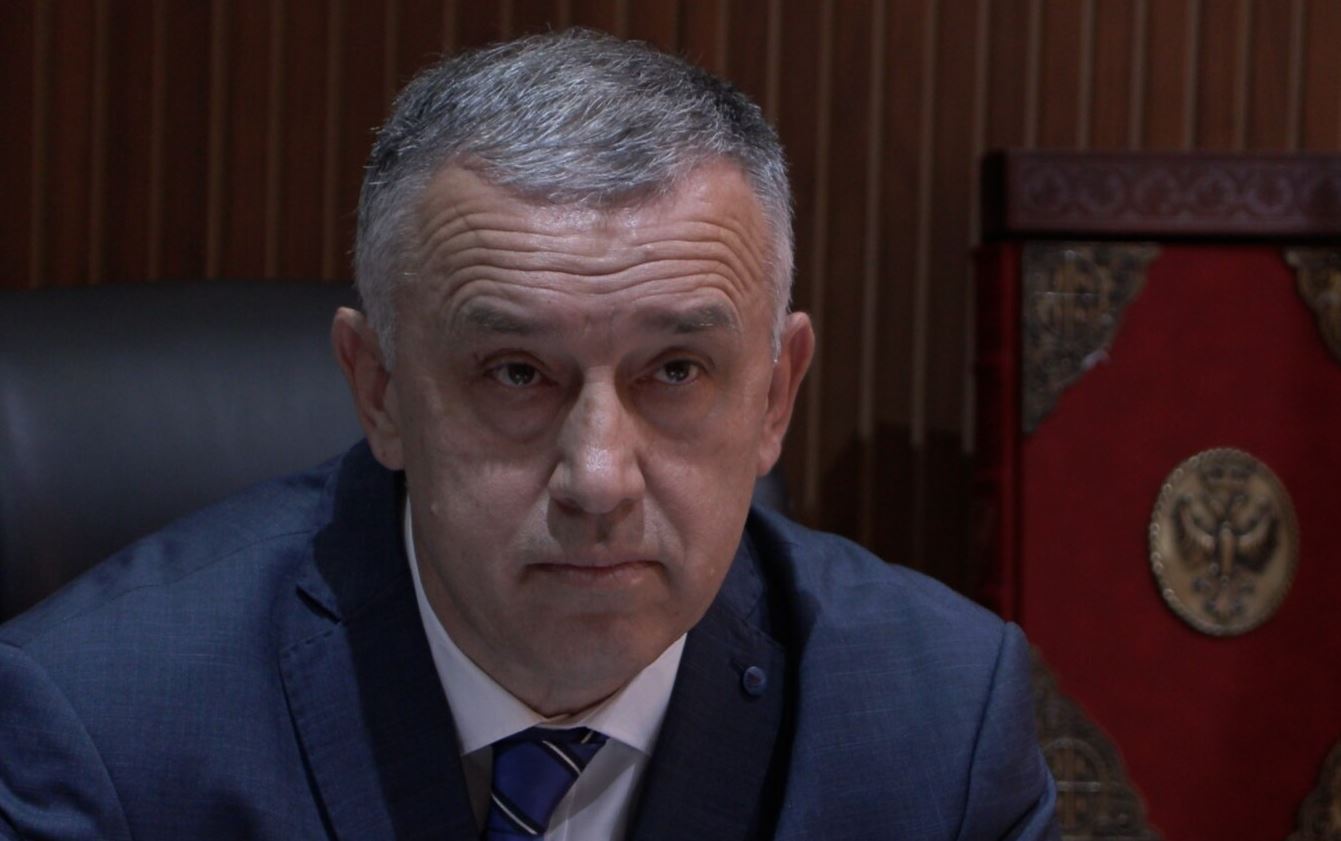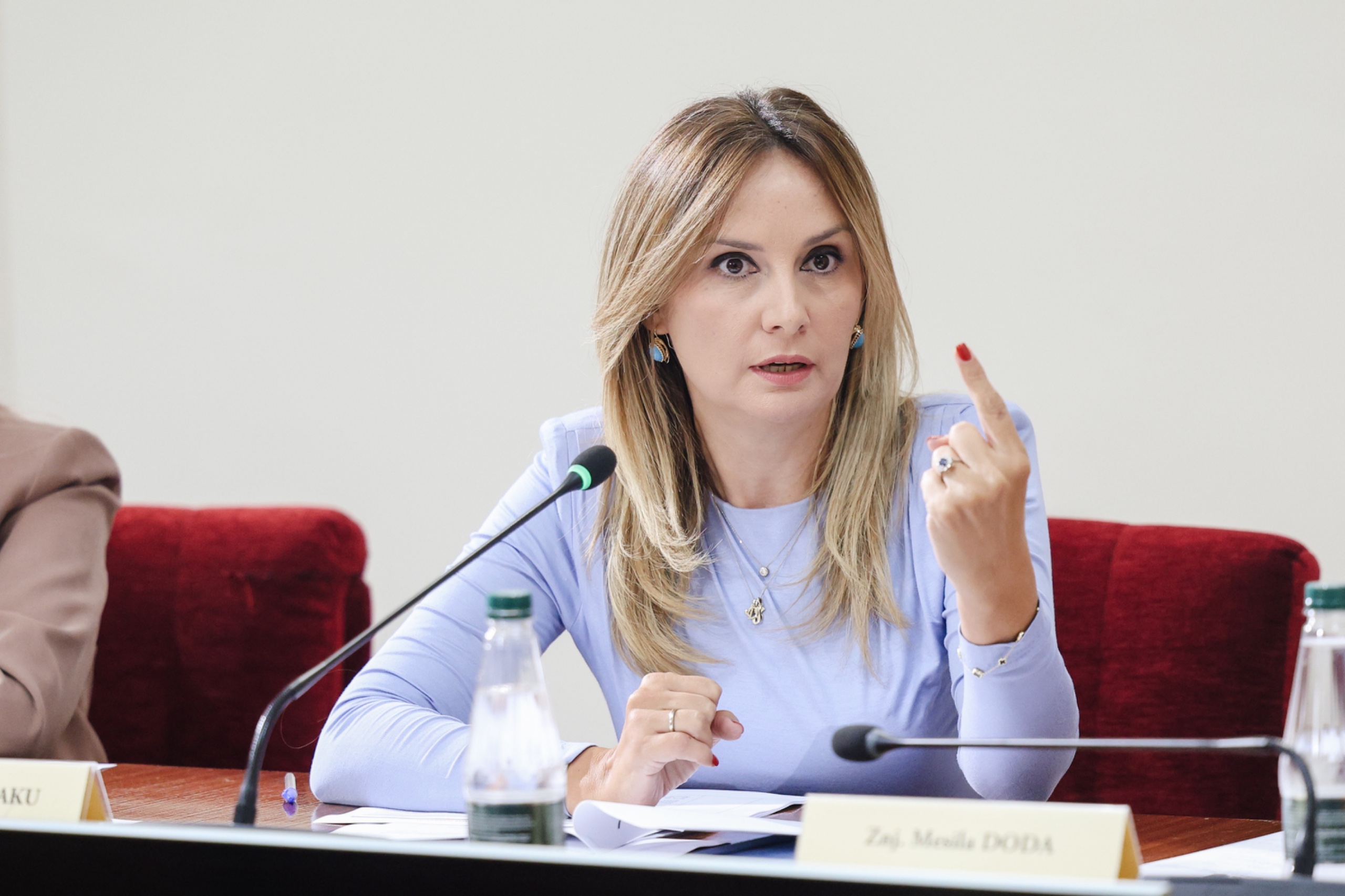
Critical infrastructure resilience is vital for nations. Given the essential role of energy in all aspects of society, the energy system’s resilience is essential. But where does the Government of Kosovo stand in developing a resilient critical energy infrastructure in light of global threats and risks that are not easily forecasted?
Our society is a complex web of essential services that we all rely on, collectively called Critical Infrastructure, CI. CI is the backbone of societies worldwide, providing essential services for the successful functioning of our societies.
While most vital services of our society are provided by lifeline sectors, including energy, communication, water, and transportation, they are so essential that damage to one directly impacts all the others. Thus, ensuring the strength of this backbone and its resilience is incredibly important for the security and well-being of our nation. As global threats that are not easily forecasted, such as terrorism, climate change, and cyberattacks, continue to increase, our infrastructure must be ready to withstand and recover from these unexpected events.
Since the world is getting more interconnected and societies enjoy its benefits, it also means that different parts of our infrastructure are more dependable on each other and that local incidents can have widespread effects. Visualize it as a chain reaction—if one service is disrupted, it can also cause a domino effect that impacts other essential functions.
For example, key sectors such as communication, water, and transportation—rely directly on the effective functioning of electricity grids to provide services. As such, in emergencies, water and wastewater systems cannot deliver clean water if the energy grid is destroyed. Therefore, it is essential to strengthen our infrastructure to handle these shocks and disruptions even before they happen. This process of preparing our infrastructure for such events is what we mean by resilience. Moreover, while energy, communication, water, and transportation underpin the essential functions of our society, making these sectors resilient is highly important.
Developing states, like Kosovo, face unique challenges in developing a resilient CI. While developed states have mostly focused on protecting their CI from stresses and shocks, many developing states do not have an advanced CI to begin with, so in the event of a shock, it is less than ideal to bounce back to how they initially were.
Kosovo has a highly damaged and aged CI, especially in the lifeline sectors. For instance, the ownership and management of Kosovo’s key critical infrastructure system, the artificial Ujmani Lake, has even resulted in high tensions between Kosovo and Serbia. Thus, developing a resilient critical infrastructure is a fundamental national security interest and an existential issue for a developing state like Kosovo.
Within lifeline sectors, energy resilience is existential to all communities due to the vital role of energy in society. Attacks on power grids have also been used as a weapon of war. For instance, Russia has frequently attacked Ukraine’s power infrastructure, leaving its people in darkness, cold, and major unscheduled blackouts. A resilient energy system is essential for absorbing shocks and ensuring power provision to the population during and after such events. It requires technology, robust policy-making, and social capacities.
As part of my research fellowship on this topic, I conducted several interviews with high officials in the energy sector in Kosovo. These interviews showed that Kosovo’s energy system has a critical vulnerability: heavy reliance on old lignite-fired thermal power plants for energy generation.
Hence, they cannot adapt to shifting power demands, which leads to unstable security of supply, dependence on imports, and unreliability despite regular restorations. Distribution losses, lack of energy reserves and storage, and lack of an open energy market further contribute to the challenges.
Energy sector stakeholders in Kosovo are unaware of resilience and its operationalization in the energy systems despite the growing attention and operationalization of resilience in different fields internationally.
My study found that, despite the rise of climate change as a chronic threat to the energy systems, Kosovo’s energy stakeholders are not concerned about its effects on the critical energy infrastructure. Furthermore, due to their low probability, the stakeholders do not perceive natural hazards as a threat to the energy resilience on which the state should enhance preparedness. Rather, they are more concerned regarding standard shocks such as the sudden introduction of new technology, equipment failure, and cyber threats.
While preparing for new technology and cyberattacks is crucial, the stakeholders must also recognize and mitigate climate change’s impact on the energy system, including the existing lignite power plants. For instance, as climate change progresses, the increased probability of low water levels and excessively warm water in Ujmani Lake, which is utilized for cooling Kosovo’s coal power plants, will impact the electricity output of these plants during periods of peak demand, particularly in the aftermath of high-temperature days.
The rising influence of extreme weather events on unforeseen disruptions to electricity generation and supply requires performing a risk analysis of disorders in power systems. Moreover, the lack of understanding of the harms of climate change in energy systems prevents these stakeholders from developing policies to prepare and protect the communities from the sudden damage of climate change while helping to ease its long-term impacts.
Similarly, the lack of grasping of natural disasters as a threat leaves the energy system unprepared for standard shocks that might have a low probability of occurring but tremendous effects.
In Kosovo, developing critical energy infrastructure resilience is a wholly overlooked process that has yet to receive any policy-making attention despite Kosovo’s vast problems with its CI. Furthermore, while in 2018, The Kosovo Government ratified the Law on Critical Infrastructure, which gives tremendous powers and responsibilities to the Ministry of Internal Affairs and frames it as the central actor in Critical Infrastructure resilience and protection, it has failed to draft the sub-legal acts that would specifically define tasks and allow for better accountability in securing and developing resilient critical Infrastructure.
This law on CI equates and regards Kosovo’s National Critical Infrastructure to that of the EU. However, Kosovo’s Critical Infrastructure is far more underdeveloped than EU member states. Consequently, it is far more critical for Kosovo to blend development priorities with resilience imperatives to ensure a better future and a more resilient critical infrastructure than to protect its current critical Infrastructure merely.
While European states approach CI functionally and technically, Kosovo does not have the luxury to do so since, as seen from the Ujman Lake case, critical Infrastructure is an existential issue for Kosovo. Adopting only the EU framework on CI is insufficient, even if fully implemented since it does not aid Kosovo in developing resilience.
While Kosovo is a potential member state and must transpose and implement the EU legislation by the time of accession, it should first develop its critical infrastructure resilience plan and policy to fit its needs and environment. A personalized approach would aid in baking in and building resilience and guide Kosovo toward reaching the level of other EU states and their critical Infrastructure.
CI in Kosovo lists energy [production, transmission, distribution, and storage] as critical Infrastructure, the Government of Kosovo should draft a document, strategy, or action plan to address the development of resilient critical energy infrastructure in Kosovo.
Countries such as the U.S., United Kingdom, Japan, Australia, Germany, and Norway have developed critical energy infrastructure resilience plans to enhance this resilience against extreme weather events, information sharing, risk assessment, cyber-attacks, and infrastructure failures. Similarly, neighboring states have strengthened their efforts to develop resilience in light of rising global threats, with climate change being a key focus.
In 2023, Albania took a major step towards strengthening its resilience by adopting the new National Disaster Risk Reduction Strategy and Action Plan [2023-2030]. These plans and strategies can serve as potential approaches for Kosovo to develop its energy infrastructure resilience plans and strategy. However, it is essential to note that Kosovo’s specific context and challenges must be considered when designing such plans and strategies.
Kosovo’s energy sector faces a critical moment in updating its legal Infrastructure in line with its changing priorities and EU energy policies while accommodating coal-based power plants. In line with this, the Government needs to use this momentum to blend development priorities with resilience imperatives to ensure a better future and a more resilient CI.
Since the Government is drafting the National Plan on Energy and Climate 2025-2030- it is essential to include and address energy resilience in light of climate change, considering that climate change is a rising stress, a chronic threat to the energy systems.
With the modernization and interconnectedness of energy systems, the shift towards Renewable Energy Sources and energy security requires adequate protection of critical Infrastructure, especially against cyberattacks. Thus, during this modernization and digitalization, it is essential to incorporate resilience cybersecurity best practices into organizational operations, planning, and procurement, prioritize cybersecurity investment needs, and establish the basis for region-wide cybersecurity information sharing. By implementing these measures, Kosovo can improve its energy resilience and ensure a better future with more resilient critical infrastructure.
In a rapidly changing world, Kosovo’s journey towards developing a resilient energy CI is a fundamental necessity for its national security. By embracing resilience and integrating it with its development priorities is crucial to ensure an energy system that is well-prepared to withstand, absorb, and continue providing services to the citizens of Kosovo during and after different shocks and stresses occur.
Donika Marku is a researcher specializing in security and resilience. As a Fulbright scholar, she earned her Master of Science degree from Northeastern University in Boston, focusing on security and resilience studies. Donika serves as a senior research analyst at UBO Consulting, where she delves into social and political research topics.
This op-ed is an outcome of her research conducted as part of the Kosovo Research and Analysis Fellowship, supported by the Kosovo Foundation for Open Society.


